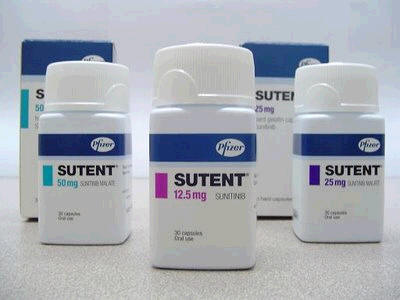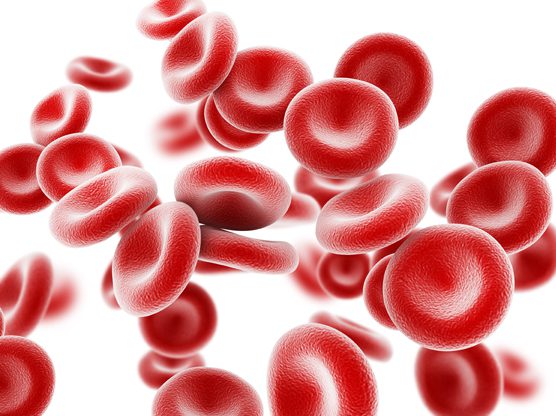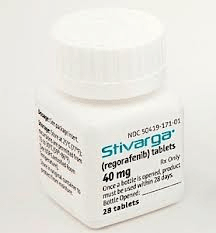Edema Coping Strategies
Between fifty to seventy percent of GIST patients participating in Gleevec clinical trials are reported to have edema according to the Life Raft Group survey (October, 2001) and www.gleevec.com. Edema can develop in different [...]






